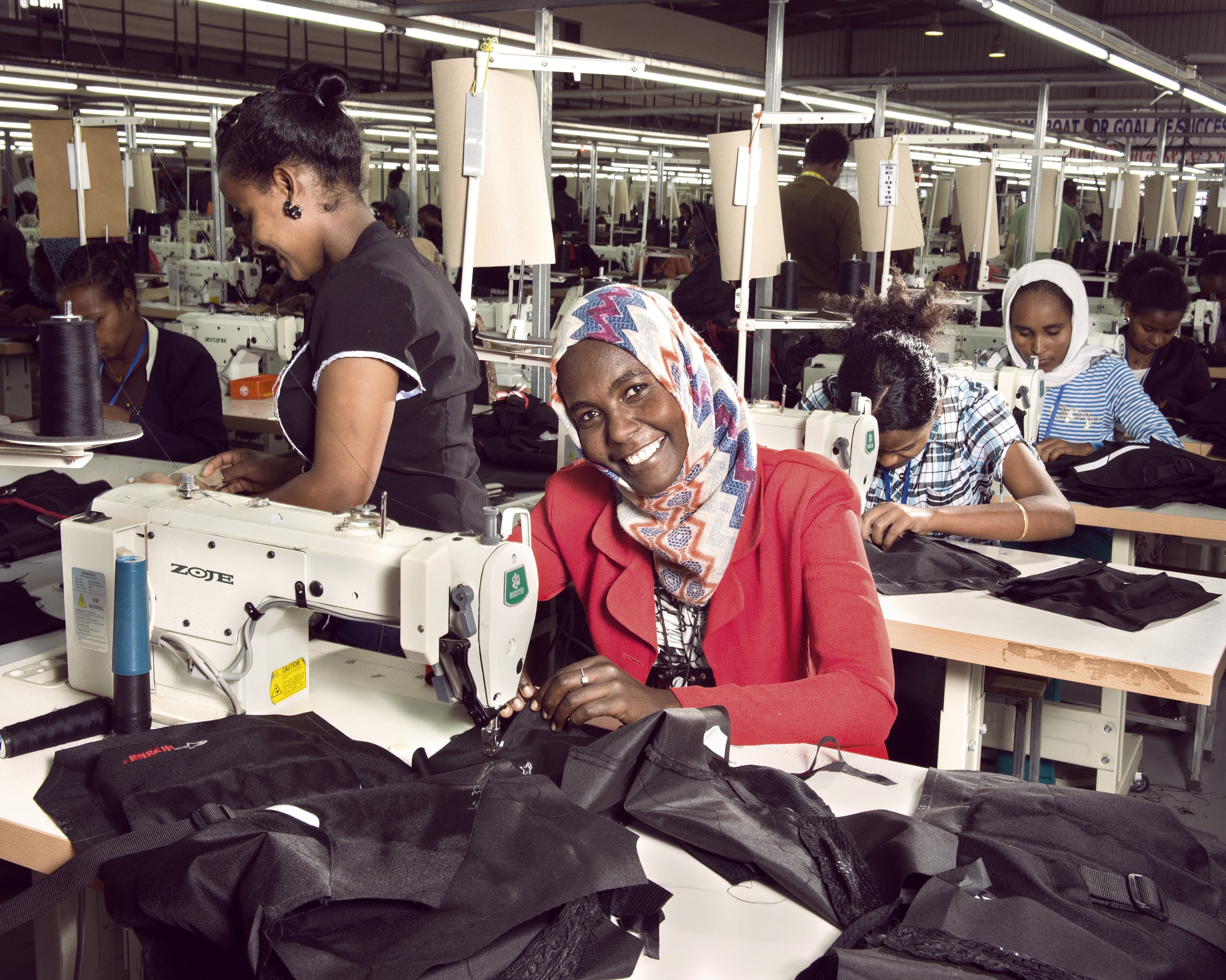
Elhanan Helpman
The collaboration between the International Economic Association and the World Bank has proven to be a fruitful one. The IEA is proud to support initiatives that promote gender equality and elevate women in the economics profession. The sessions at the conference—especially those exploring gender norms and the law—offered powerful insights into some of the most pressing issues in our field.
Tea Trumbic
The interconnection between laws and social norms is crucial in shaping women's economic opportunities and achieving lasting gender equality. While legal frameworks establish the foundation for women’s rights, social norms often determine how effectively these laws are implemented and whether they truly impact women’s lives. Research from the World Bank’s Women, Business and the Law project highlights how gendered social norms influence outcomes in labor-force participation, pay equity, entrepreneurship, and asset ownership, often limiting the benefits of legal reforms. As discussed during the recent conference, supportive laws must be complemented by societal shifts—such as promoting affordable childcare, challenging stereotypes around caregiving, and addressing cultural barriers—to fully unlock women’s economic potential. Moreover, addressing issues like violence against women requires both strong legal protections and changes in community behavior, such as encouraging witnesses to report incidents and improving public safety. True gender equality demands a dual approach: strengthening legal rights while actively dismantling the social norms that perpetuate inequality.